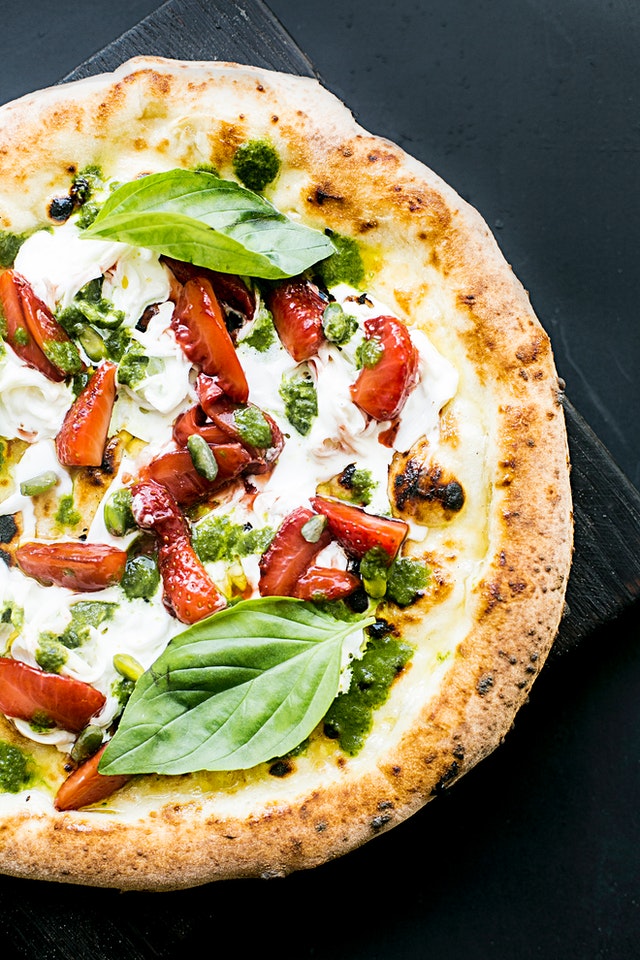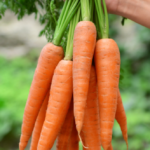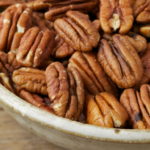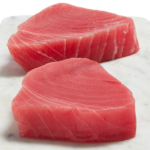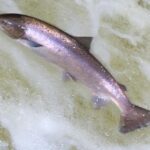As a dog lover, it can be tempting to share your food with your furry friend. After all, who can resist those pleading eyes and wagging tail? However, not all human food is safe for dogs to eat. In fact, some foods can be extremely toxic and harmful to their health. So, can dogs safely devour your leftovers? The answer is not as simple as a yes or no. It depends on the type of food you’re giving them. In this guide, we’ll take a closer look at the human foods that are safe for dogs to eat and those that are not. We’ll also explore the potential health benefits and risks of feeding your dog human food and provide some tips on how to safely incorporate it into their diet. So, whether you’re looking to treat your furry friend or just want to make sure they’re getting the nutrition they need, this guide has got you covered.
Which human foods are safe for dogs?
Dogs are omnivores and can eat a variety of human foods, but not all human foods are safe for them. It’s important to know which foods are safe and which ones to avoid. Here are some human foods that are safe for dogs to eat in moderation:
Lean meat is an excellent source of protein for dogs. It provides essential amino acids that help build and repair their muscles. Examples of lean meat that are safe for dogs include chicken, turkey, and beef. However, it’s important to remove all bones and excess fat before feeding it to your dog. Cooked bones can splinter and cause choking or intestinal blockages, while excess fat can lead to obesity and other health problems.
Vegetables are a great source of vitamins and minerals for dogs. They provide fiber, which helps regulate their digestive system. Examples of vegetables that are safe for dogs include carrots, green beans, and sweet potatoes. However, it’s important to avoid feeding them onions, garlic, and mushrooms as they can be toxic to dogs.
Fruits are a great source of vitamins and antioxidants for dogs. They provide natural sugars that give them energy. Examples of fruits that are safe for dogs include apples, bananas, and blueberries. However, it’s important to remove all seeds and pits before feeding them to your dog as they can be a choking hazard.
Which human foods are dangerous for dogs?
While some human foods are safe for dogs, others can be extremely dangerous and toxic to their health. Here are some human foods that you should avoid feeding your dog:
Chocolate contains a toxic substance called theobromine, which can cause vomiting, diarrhea, and even death in dogs. The darker the chocolate, the more toxic it is for dogs.
Grapes and Raisins
Grapes and raisins can cause kidney failure in dogs. Even small amounts can be toxic and cause vomiting, diarrhea, and lethargy.
Avocado contains a substance called persin, which can cause vomiting and diarrhea in dogs. It can also cause an obstruction in their digestive system.
Alcohol
Alcohol can cause alcohol poisoning in dogs, which can lead to coma and even death. Even small amounts can be toxic and cause vomiting, diarrhea, and lethargy.
How much human food can dogs eat?
The amount of human food that dogs can eat depends on their size, age, and activity level. Generally, human food should not make up more than 10% of their daily diet. It’s important to balance their diet with commercial dog food that provides all the essential nutrients they need.
Homemade dog food recipes using human food
If you’re interested in making your own dog food using human food, there are plenty of recipes available online. However, it’s important to consult with your veterinarian to ensure that your dog is getting all the essential nutrients they need. Here’s a simple recipe for homemade dog food:
– 1/2 pound of lean ground beef
– 1 cup of cooked brown rice
– 1/2 cup of cooked sweet potato
– 1/2 cup of green beans
– 1 tablespoon of olive oil
Cook the ground beef in a pan until browned. Drain any excess fat. Mix in the cooked brown rice, sweet potato, and green beans. Add the olive oil and mix well. Let it cool before serving.
The benefits of feeding human food to dogs
Feeding your dog human food can have some potential health benefits. Here are some of them:
Improved Digestion
Human food contains natural fiber that can help regulate your dog’s digestive system. It can also improve their bowel movements and reduce the risk of constipation.
Increased Energy
Human food contains natural sugars that can give your dog a boost of energy. This can be especially beneficial for active dogs that need extra energy to exercise and play.
Stronger Immune System
Human food contains vitamins and antioxidants that can help boost your dog’s immune system. This can help them fight off infections and diseases.
Risks of feeding human food to dogs
While there are some potential health benefits to feeding your dog human food, there are also some risks. Here are some of them:
Nutritional Imbalance
Human food does not provide all the essential nutrients that dogs need. Feeding them too much human food can lead to a nutritional imbalance and cause health problems.
Obesity
Human food is often higher in calories and fat than commercial dog food. Feeding your dog too much human food can lead to obesity and other health problems.
Digestive Issues
Feeding your dog too much human food can cause digestive issues such as vomiting, diarrhea, and constipation. It can also lead to an upset stomach and other digestive problems.
How to safely introduce human food to your dog’s diet
If you’re interested in feeding your dog human food, it’s important to do it safely. Here are some tips:
Start Slowly
Introduce human food to your dog’s diet slowly and in small amounts. This will help them adjust to new foods and prevent digestive issues.
Consult with Your Vet
Consult with your veterinarian before feeding your dog human food. They can advise you on which foods are safe and which ones to avoid.
Avoid Table Scraps
Avoid feeding your dog table scraps as they can be high in calories and fat. Instead, prepare separate meals for your dog using human food.
Common myths about feeding human food to dogs
There are many myths about feeding human food to dogs. Here are some of them:
Myth: All human food is safe for dogs.
Fact: Not all human food is safe for dogs. Some foods can be toxic and harmful to their health.
Myth: Dogs can eat as much human food as they want.
Fact: Dogs should only eat human food in moderation. Feeding them too much can lead to health problems.
Myth: Feeding your dog human food is cheaper than commercial dog food.
Fact: Feeding your dog human food can be more expensive than commercial dog food. It’s important to balance their diet with commercial dog food that provides all the essential nutrients they need.
Conclusion
Feeding your dog human food can be a great way to treat them and provide some potential health benefits. However, it’s important to know which foods are safe and which ones to avoid. It’s also important to balance their diet with commercial dog food that provides all the essential nutrients they need. By following these tips and consulting with your veterinarian, you can safely incorporate human food into your dog’s diet and keep them healthy and happy.
